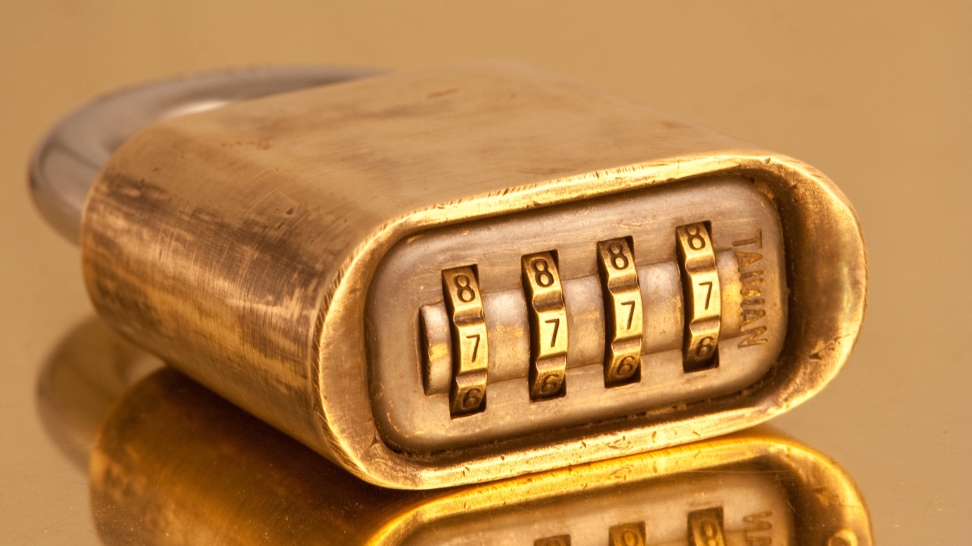At long last, you are done with estate planning, and now you can take a load off knowing you have provided for your family with an offshore trust. But before you pass on, your daughter has another little one. If you had hired a trust protector, they could amend the trust to include the new bundle of joy as a beneficiary.
Trust protectors have this ability, along with many others, making them an essential part of managing offshore trusts for asset protection. But what does a trust protector do? Below, you will learn about the role of a trust protector and the perks you will enjoy by having one in your corner.
Trust Roles Explained in Plain English
All trusts have several roles. The first is the trust maker (you might also hear them called a settlor or grantor), who creates the trust. Next is the trustee, who is in charge of following the trust’s stipulations. Lastly, beneficiaries are those who inherit assets in a trust.
A trust protector is a person or business with the power to modify the terms of a trust. By hiring one, your beneficiaries and trustee will not have to go to court to amend your trust.
How a Trust Protector Safeguards Your Assets
Trust protectors have quite a few duties in offshore trust management. Here is what they can do:
- Amend the trust to comply with changes in laws, sparing trustees and beneficiaries the headache of going to court to fix the trust.
- Replace and remove trustees, including family members and business trustees, such as banks.
- Resolve disputes between beneficiaries and trustees, as well as co-trustees. For example, if two trustees cannot agree on the meaning of a trust’s terms, the trust protector can serve as the tiebreaker.
- Allow the addition of new beneficiaries. This is helpful, for instance, if a family member has a child after the creation of the trust.
- Change trust distributions as necessary.
With Great Power Comes Great Responsibility for a Trust Protector
When considering the question, “What does a trust protector do?” remember that you are handing them a lot of power. They can remove trustees, add beneficiaries, amend distributions, and direct investment strategies. It is only natural to worry about what they can and cannot do.
Trust protectors have a range of both minor and significant powers. They can move the place of trust administration, veto a trustee, approve accountings, and help trustees make distribution decisions.
Trust protector powers vary based on local laws. In some jurisdictions, trust protectors have a fiduciary role, which means they are legally obligated to avoid conflicts of interest and act impartially. Other jurisdictions do not assign a fiduciary role to trust protectors, which limits liability.
Who Can Serve As a Trust Protector?
Technically, anyone can serve as a trust protector, including individuals, corporations, and institutions such as banks. However, trust protectors are almost always lawyers. That is because lawyers have the skills and know-how to understand the implications of altering a trust’s terms.
Whoever you choose to serve as your trust protector must meet these three requirements:
- Not be subordinate to the trust grantor
- Able to perform the trust protector role
- Be a third party to the trust (not a trustee, grantor, or beneficiary)
How Do Trust Protectors Make Money?
When hiring a trust protector, you will need to pay for their services as you would the services of any other professional. Some trust protectors charge a flat yearly fee in exchange for checking the trust annually. Others, such as attorneys, may charge their typical hourly rate when they need to assist with the trust. The more work the trust protector has to do, the more you will pay.
Where payment comes from can vary. In some cases, the settlor pays the trust protector directly. In other cases, the trust protector might take payment from the trust.
Is a Trustee the Same Thing As a Trust Protector?
Although “trust protector” and “trustee” sound similar, they have very different roles. Trustees, for example, are fiduciaries, meaning they have a legal obligation to act according to the trust’s terms. That means they must execute the terms of the trust exactly as they are written.
On the other hand, a trust protector can change parts of a trust that a trustee cannot. For example, they can correct mistakes in the trust or update its terms to reflect the grantor’s true wishes.
What does a trust protector do? Here is an at-a-glance comparison of trust protectors vs. trustees:
- Trust protector responsibilities include:
- Trust modification
- Trustee removal
- Beneficiary protection
- Dispute resolution
- Dynasty trust management
- Trustees can:
- Manage investments
- Protect trust assets
- Make payouts from the trust
Blood Is Thicker Than Water, But Not When It Comes to Your Assets
The idea of appointing a family member as a trust protector can be an appealing one. You know and trust them, and unlike an attorney, you will not have to pay them (unless you want to). However, no matter how close you are to that relative, appointing them as a trust protector is rarely a good idea.
One needs a certain level of legal expertise to serve as a trust protector. Would your family member know what to do if trouble arose with your trust? Unless they have been to law school, probably not.
There are also conflicts of interest to consider. Your cousin Bob might not want the same things you do. What if he decides to name his new girlfriend as a beneficiary? You would have little recourse if that happens.
And then there is the matter of your family member’s age. Who will serve as trust protector if they pass away?
Lastly, in some jurisdictions, trust protectors have fiduciary duties and can be held liable for failing to meet them. Your loved one may not want that level of responsibility.
Trust Protectors: Not Superheroes, But Pretty Close
- “Trust protector” sounds like some nebulous legal term, so here are a few stories to help you understand precisely what they can do.
- When John created his trust, he intended for his assets to be split between all children and grandchildren after his death. After creating the trust, his son, Mark, has two more children. However, John can no longer change the trust’s terms without going to court. He hires a trust protector to update the trust to include the new little ones.
- Susan is serving as a trustee, but she is, to put it mildly, failing miserably. Maybe she is co-mingling the trust’s funds with personal funds, or she is not safeguarding assets like she agreed to do. A trust protector can give Susan the boot and assign a new trustee.
- Hannah chose her two siblings, Alice and Randy, to serve as trustees. After she passes on, her siblings have a nasty squabble about what the terms of the trust really mean. A trust protector can step in and settle the dispute.
Have an Offshore Trust? A Trust Protector Is Worth Their Weight in Gold
Offshore trusts are excellent for asset protection, but they can be incredibly complex. Not only that but if you choose a trustee located outside of the U.S., it is difficult to know whether or not they are doing their job correctly.
The trust protector can step in for issues like the following:
- The trustee fails to update beneficiaries on distribution status or investment performance.
- The trustee is misappropriating funds — for example, by making an unauthorized investment or using the funds on expenses you did not approve.
- The trustee uses trust assets for their own gain. For example, they may pay themselves excessive compensation from the trust, award contracts to businesses they have an interest in, or buy a piece of property from the trust at bottom-rate prices.
- The trustee starts a dispute with you as a means to drain the trust’s assets via litigation costs or increased fees.
- The trustee is no longer able to perform the duties you hired them for.
A trust protector can also help you navigate the complicated jurisdictional pitfalls and regulations associated with offshore trusts. They will keep their finger on the pulse of the jurisdiction’s laws and update your trust if there are any changes.
Do You Need a Trust Protector for Your Offshore Trust?
Do you absolutely need to hire a trust protector for your offshore trust? No, but you will be glad you did if something goes amiss. A trust protector can ensure that your trust’s terms reflect your wishes, veto trust distributions you do not approve of, and stop bad-actor trustees from mishandling your money.
Hiring a trust protector has many perks, but it is not a decision to make lightly. The trust protector will have a lot of control over your trust, so you do not want to hand the reins to just anyone.
Before hiring a trust protector, reach out to an asset protection law firm, such as Blake Harris Law. By speaking with an asset protection attorney, you will learn whether hiring a trust protector makes sense for you. If you would like more answers to the question, “What does a trust protector do?” call our firm now.





